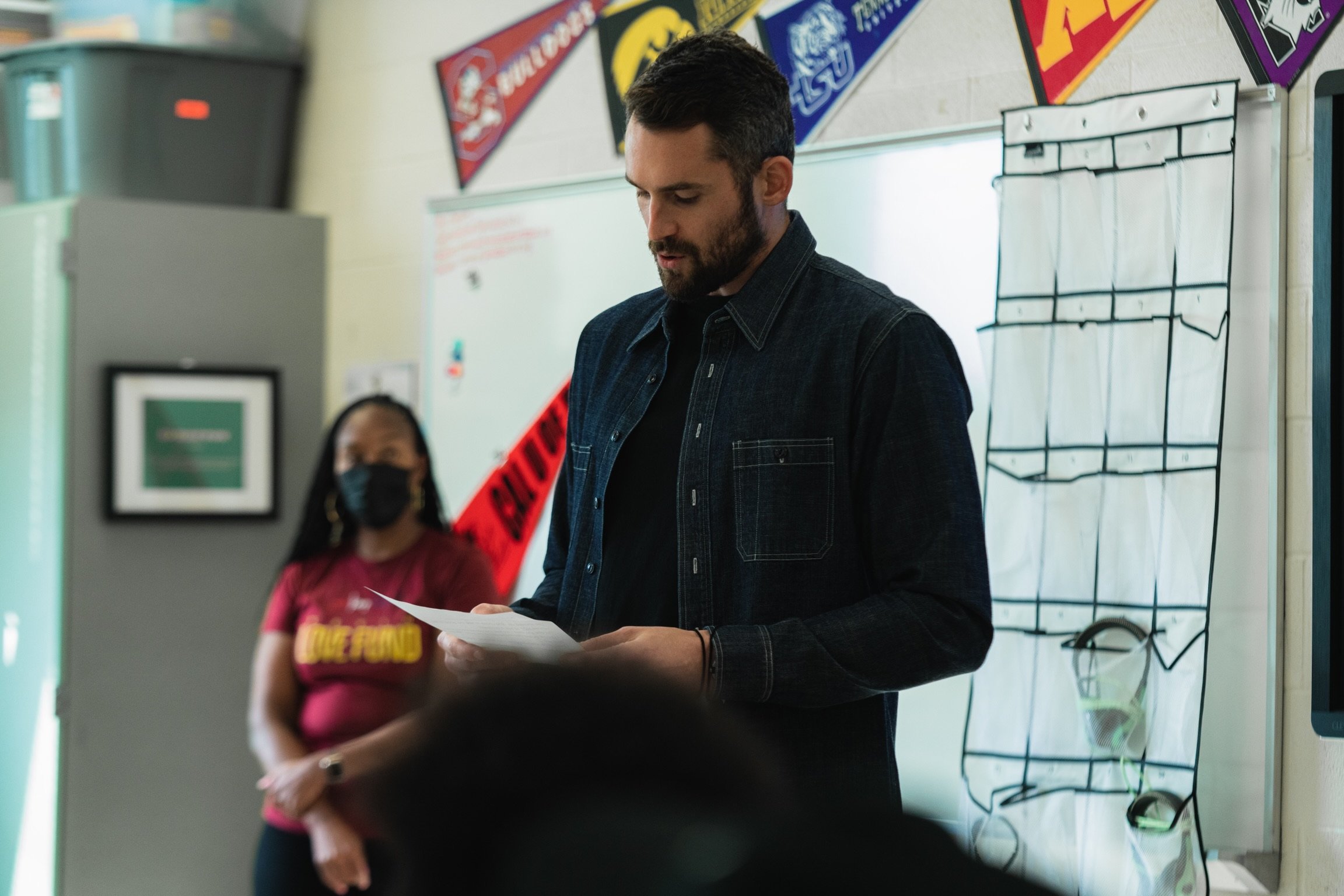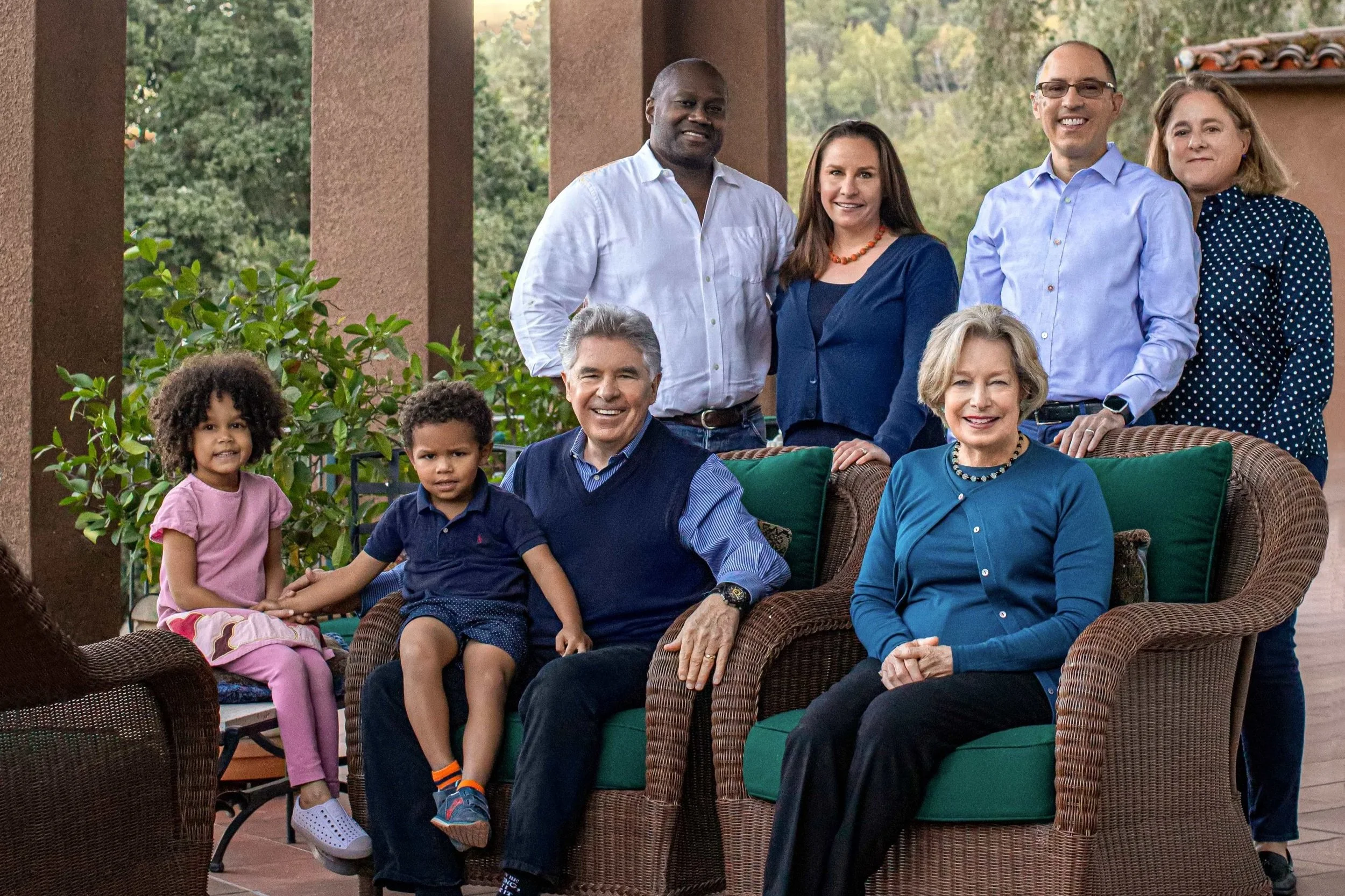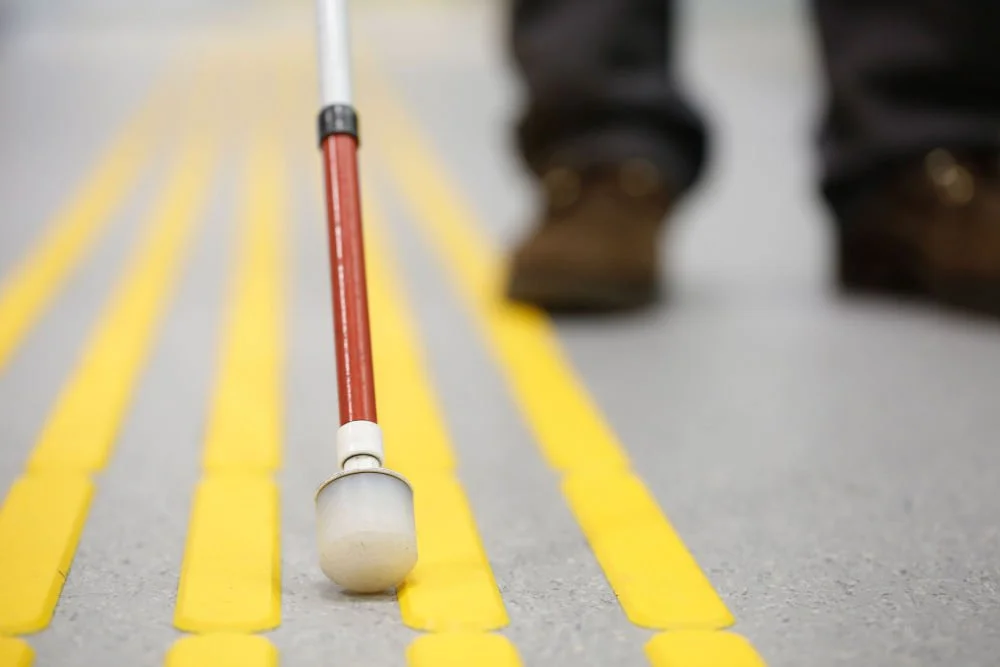A Foundation Zeroes in on the Nexus Between Equity and Mental Health
/Photo: Manuela Durson/shutterstock
While mental health has never been high on philanthropy’s priority list, the Texas-based Hogg Foundation for Mental Health has long championed work in this area. Now, as it embraces a stronger focus on equity, the foundation is giving more attention to the community and system factors that promote mental health and wellness.
The foundation’s next big project will deal with improving the mental health and wellness of children of color in the Houston area and their families. The funder is looking for about 12 grantees to run collaborative, community-based initiatives that foster resilience, mental health and well-being.
Hogg budgeted $11 million for the “Communities of Care” initiative. About $8 million will fund community projects, and the remaining $3 million will fund an organization that oversees administration and evaluation of the initiative. The funder is looking for projects with budgets that range from $500,000 to $800,000. Proposals are due Jan. 9, 2019.
This latest project is part of a relatively new strategy for Hogg, which has shifted focus from treating mental illnesses to prioritizing the mental health and wellness of marginalized communities.
“For us, equity means two things: first, inclusion of all members of the community, not as a client population but as leaders and guiding voices,” said Octavio Martinez, Jr., executive director of the Hogg Foundation. “And second, a widened focus that includes whole community transformation as much as individual well-being.”
With that shift, the foundation is engaging the social and environmental factors that influence mental health in the long term, including housing stability, neighborhood infrastructure, and conditions at home, work and school.
Its grantmaking reflects that shift. Earlier this year, the foundation gave $2 million to five counties in rural Texas to address the root causes of mental health in their communities. In 2014, the funder put up $10 million to address youth mental health in Houston.
We can learn a lot about the sort of projects that Hogg is looking for based on those two projects. Like the 2014 grants, this set of gifts is in the range of $10 million and will focus on kids. The four-year grants emphasize the mental health of older kids and young adults transitioning into adulthood. The foundation gave the grants several organizations in the Houston area, including Communities in Schools of Houston, Easter Seals of Greater Houston and the Harris County Protection Services for Children and Adult.
More recently, the $2 million that went to rural communities in the state shared this proposal request’s emphasis on health equity and the social factors that affect mental health. With those grants, the Hogg Foundation is looking to include voices in the communities that are often left out of the conversation.
The grants to rural counties are three-year planning grants, during which a major focus will be on identifying and building trust with those often ignored voices. The hope is that including marginalized groups in the planning process will lead to more equitable outcomes.
This new set of grants will have the same focus on community leadership and collaboration that includes marginalized voices. Unlike the rural community grants launched earlier this year, this round of grants emphasizes the mental health and resilience of children, specifically children of color, in the Houston area.
The focus on children of color here is intentional. Racial and ethnic minorities are more likely to have poor mental health and less access to care, according to the National Conference of State Legislatures. The World Health Organization found that women and poor people were also more likely to experience poor mental health. Those disparities show up in childhood and tend to compound from there, the report found. Initiatives like this one that attack those disparities early can change lives.
Along similar lines, there’s a growing body of research on the profound negative impact of adverse childhood experiences that’s catching the attention of funders. Children in high poverty neighborhoods are much more likely to experience such trauma, which is a major predictor of who will develop serious health problems and encounter a wide range of social problems later in life. As we’ve reported, the St. David’s Foundation—which, like Hogg, is a health funder based in Texas—is undertaking work focused on preventing childhood trauma and building resilience. The Robert Wood Johnson Foundation is also working in this area on a national level.
Related:
A Big Regional Health Funder Takes on Childhood Trauma and Resilience
Lasting Damage: The Public Health Funder Linking Childhood Trauma and Illness
The Hogg Foundation remains something of an anomaly in the funding world for its laser-like focus on mental illness. Founder Ima Hogg had a lifelong interest in mental health, which has been carried on by her foundation since it started in 1940.
The foundation’s first work was to offer mental health screening to men enlisting to fight in World War II. When those men returned, the foundation provided mental health services, long before our modern understanding of post-traumatic stress disorder.
Mental health is still overlooked by most funders, but is getting more attention as public health foundations look upstream at the social, economic and environmental factors that influence health. The work of these foundations emphasizes the far-reaching effects structural factors can have on a person’s long-term health—physical and mental.
Related:







































